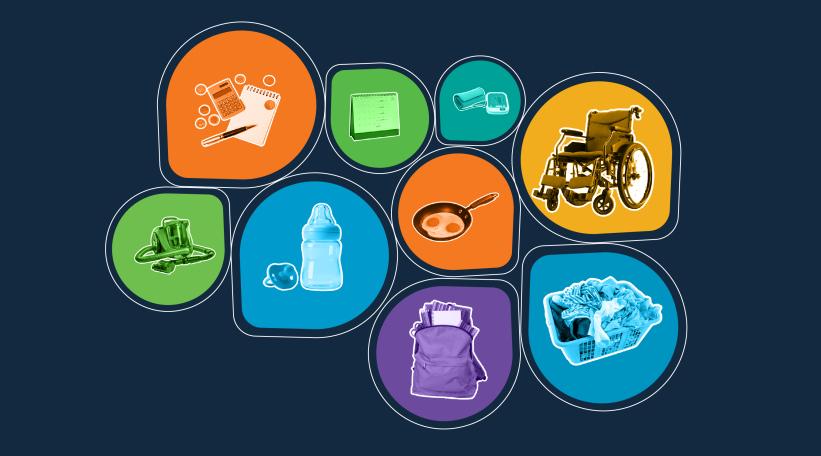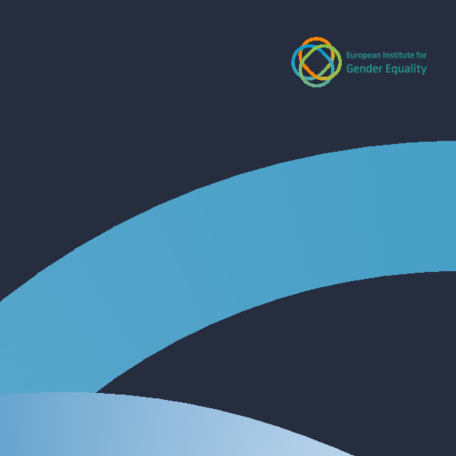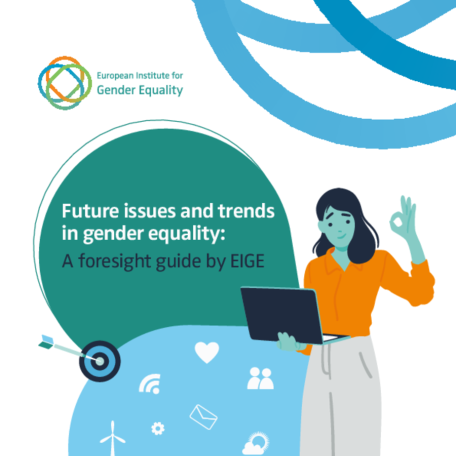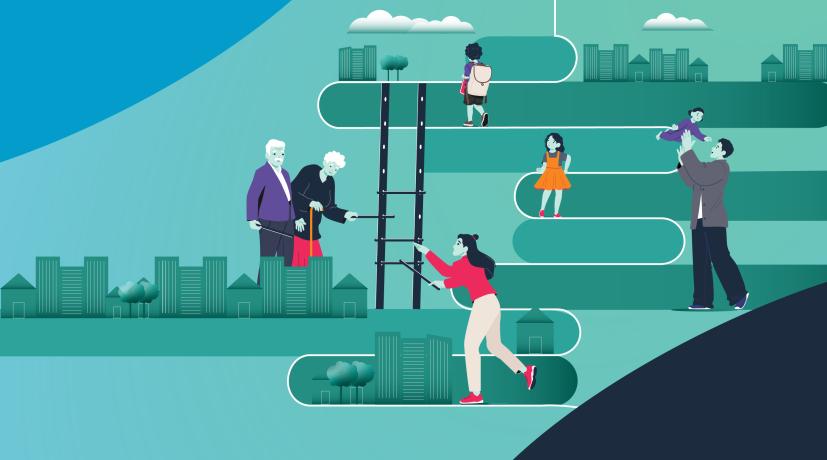
EIGE is doubling down on our New Year’s resolution: to build a green and gender-equal Europe.
“With European Parliament elections and national elections in many EU countries coming up, 2024 is set to be a significant year for gender equality.” says EIGE Director Carlien Scheele.
Amidst all the changes and challenges we face; one thing remains constant: our commitment to drive progress in gender equality.
EIGE has a busy agenda in 2024 as we continue our #3StepsForward campaign for the Green Deal and Gender Equality.
EIGE will release its Gender-responsive Evaluation for an Environmental and Sustainable Future for All (GREENA) toolkit and a collection of good practices to help policymakers see the benefits of adding gender and intersectional perspectives to the Green Deal. The step-by-step toolkit on gender-responsive evaluation will be available on EIGE’s gender mainstreaming platform early in the year.
EIGE has also contributed evidence to a Motion for a European Parliament Resolution on "Gender aspects of the rising cost of living and the impact of the energy crisis”, stating that due to existing gender and intersecting inequalities, women and disadvantaged groups are more likely to experience poverty due to lower income.
Carlien identifies the fact that energy poverty is gendered as one of the key contributors to widening inequality. To what extent, we hardly know. Energy poverty indicators are covered at the household level and there is a high risk of concealing the gender differences and power dynamics that exist within the household.
EIGE’s Gender Equality Index analysis of the National Energy and Climate Plans (NECPs) shows that out of the 27 NECPs, only 10 refer to gender equality and do so only superficially. The NECPs outline how the Member States intend to achieve the EU’s energy and climate objectives.
She says: “We engaged with various stakeholders drawing attention towards the need to collect sex-disaggregated data and set indicators to measure the green transition from a gender and intersectionality perspective.
Without this pre-requisite, it is not possible to mainstream the needs and concerns of both women and men into the policies delivering the European Green Deal.”
EIGE’s work helping to find real, workable gender-responsive solutions to issues thrown up by the climate crisis is gaining significant political momentum.
President of Slovenia, Nataša Pirc Musar, joined the campaign, stating: “Women are indispensable agents for a sustainable and green transition.
Women, youth and all vulnerable groups must be fully included in our climate policies.
And, as part of the Belgian Presidency of the Council of the EU, Belgium is hosting the ‘Climate Chance Europe 2024 Wallonia Summit’. This promises to deliver the European Green Pact after 2024, with renewed EU-wide commitments to increase adaptation to climate change.
“The Belgian Presidency aims to equip the EU with an ambitious social agenda to foster a European society that is more inclusive, gender-equal and fair for all.”
So, what resolution will you make to help support a green and gender-equal transition in Europe?





